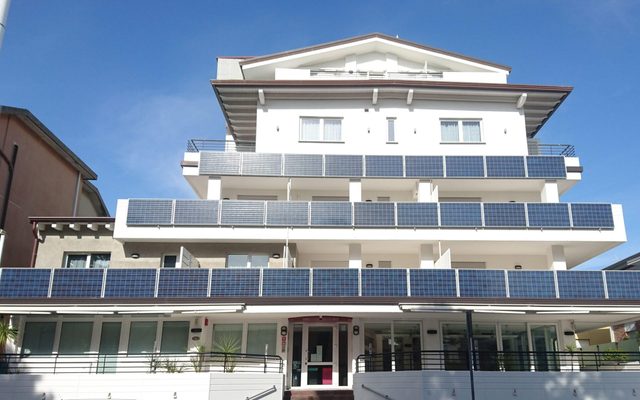This article is from the Australian Property Journal archive
THE Queensland government introduced reforms to parliament yesterday intended to allow residents greater freedoms in where solar panels are placed, as well as more access to complaint information made by consumers against building industry licensees.
Amendments to The Building and Other Legislation Amendment Bill relating to home solar panels, greywater and holding tanks seek to reflect contemporary expectations about the environmental sustainability and efficiency of buildings, according to Minister for Public Works Mick de Brenni.
“The Bill fixes the uncertainty around the application of the ‘ban the banners’ provisions, protecting homeowners from developer covenants restricting where solar panels can be placed,” de Brenni said.
“This is a further step in allowing Queenslanders to play their part in achieving our renewable energy ambitions and addressing climate change.”
It will also clarify licensing requirements for head contractors and building certifiers, and create additional avenues for appeal against regulatory decisions.
de Brenni said the Bill will support consumers who make a complaint about a building industry licensee by affording them the right to information about the complaint.
“This is an important step to ensuring the framework for regulating construction is transparent and will reinforce accountability in decision making by making reasons for decisions available,” he said.
“Under the existing regulatory framework, consumers and licensees have had to rely on the sometimes expensive and unwieldy process to access information through an RTI process but I think that information should be available to people upfront.
de Brenni said the proposed legislation will respond to community expectations that industry regulators should always act to protect public safety.
“Currently, the Queensland Buildings and Construction Commission (QBCC) may immediately suspend a licence in response to serious financial or safety risks to other licensees, their employees, consumers, and suppliers of building materials or services but not to the general public.
“Extending these protections to include any person will empower the QBCC to effectively respond to risks of serious harm and promote public safety.”



